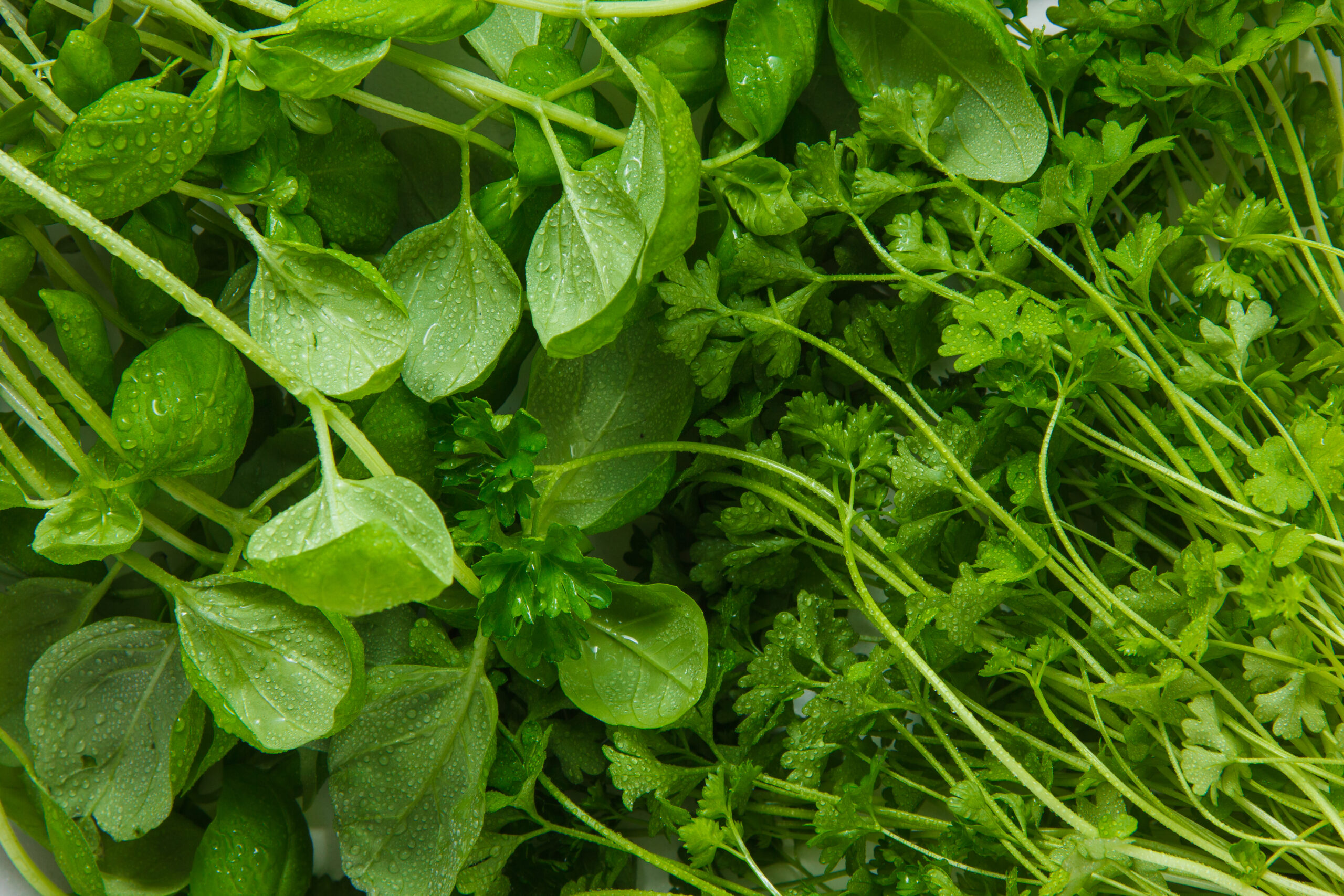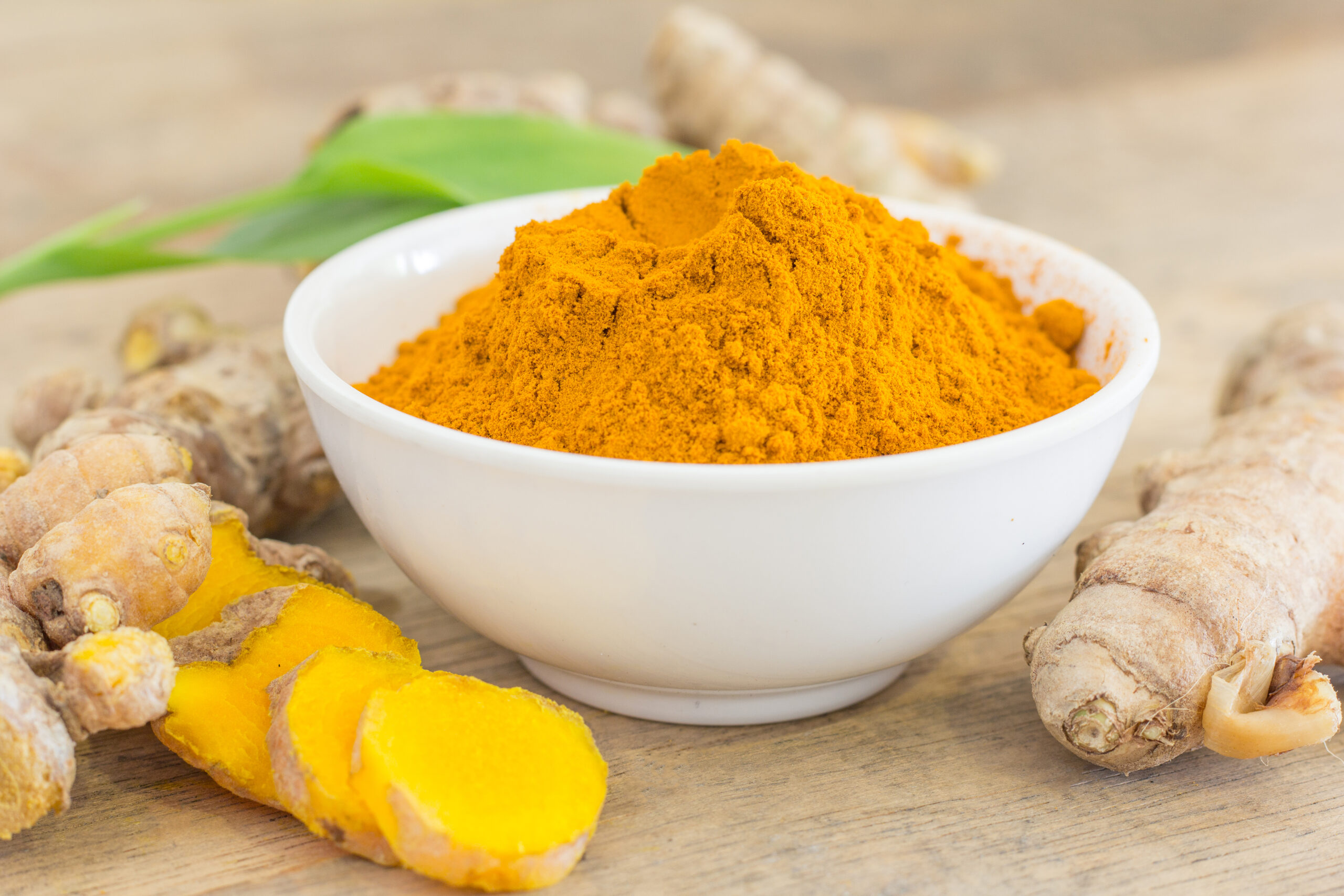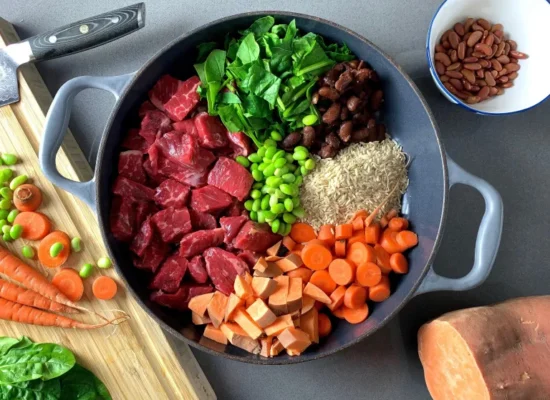If you’ve read our story on why we ended up exercising a hybrid diet, you probably know that the balance of store-bought and homemade dog food delivered the best and final solution for us. As such, we have been cooking homemade dog food for the past 3 years which gave us enough time to come up with several fun and different variations for Pockety.
So, each day for dinner I take out a batch of pre-mixed food from the freezer which then I cook thoroughly with some added water and herbs. Upon serving, he gets around 1 tbsp of humic acid in his food which then I mix together. Then, depending on which cure we are doing at the time, he either gets salmon oil, multivitamins or joint supplements on top.
In the following we’re going to show you what combinations we make most often, also taking into consideration which proteins are the easiest to digest, as well as most pocket-friendly options and easy attainability regardless of location.
We built each recipe around the protein, complementing minerals, vitamins and nutritions that very type typically contains. In this article we’re going to share some of our turkey meat based recipes.
About Turkey Meat In General
Turkey meat is generally high in phosphorus and protein, as one 4 oz portion provides around 27 grams of the latter, while, on the bright side, the fat content is low. The amino acids in turkey meat contribute to muscle growth, as well as maintaining brain functions and the immune system, to which vitamins B1 and B2 and B3, B6, and B12 all add up as well.
Mostly recommended parts to use by vets are breast and thighs, and skin should also be removed before cooking to avoid excessive fat. You can use ground meat to aid proper digestion, or you can chop it up into small pieces before cooking.
Taking into consideration the proportions of turkey, we tried and frequently make the following homemade dog food variations. It’s very very important to note: do not change your dog’s food often, as on the contrary of how we humans work, their stomach needs time to adapt which also worsens their digestion temporarily. Side with one variation for at least 2-4 weeks and with the type of protein you use even longer.

Our easy-to-make homemade dog food recipes from turkey
1st recipe: Turkey, carrots, oatmeal
Daily amount for a 22 lbs/10kg dog – lower the amount if you feed kibbles, too
Nutritional value: 445 kcal, 53g protein, 42g carbs, 7g fat
- 5 oz or 150g turkey breast (chopped or minced)
- 2 oz or 50g oats (uncooked weight)
- 3.5 oz or 100g carrots (either finely chopped or even better, grated)
- 1 pinch of dried or ¼ tsp of fresh, finely chopped ginger
Oat is a jackpot for dogs due to its high fiber and antioxidant content, as well as minerals and tons of nutrients. Not only does it support bowel movement, but it can also regulate glucose levels of blood. It’s a great alternative option for dogs with any sort of wheat and gluten sensitivity. However, overfeeding oats can result in acute diarrhea and vomiting in certain dogs – so it’s best to start slow and see how yours is dealing with it.
Carrots are a cheap and amazing source of vitamins and fibers to add to your homemade dog food, at a low calorie count. Either add it to their food raw or lightly cooked, but always make sure to include fine pieces to avoid choking hazard.
How can ginger be a wholesome addition to your dog’s diet occasionally?
Ginger is generally helpful with inflammatory issues and nausea, besides it has a circulatory optimizing effect and is also rich in antioxidants. Maximum dosage per day shouldn’t exceed ½ tsp for a 10kg/22lbs sized doggo.
Please note: if your dog has gallbladder issues, is pregnant, or nursing, use with caution; it can potentially interfere with supplements and vitamins, so always consult your vet before adding it to your dog’s food
2nd recipe: Turkey, spinach, brown rice
Daily amount for a 22 lbs/10kg dog – lower the amount if you feed kibbles, too
Nutritional value: 412 kcal, 52g protein, 39g carbs, 5g fat
- 5 oz or 150g turkey breast (chopped or minced)
- 5 oz or 150g cooked brown or white rice (choose the latter if your dog suffers from gastrointestinal issues)
- 2 oz or 50g spinach
- pinch of dry or fresh, chopped up sage
Rice is an amazing source of carbs, therefore energy for dogs. It’s rich in fiber and minerals, while white rice especially is pretty easy to digest even for an upset stomach. No wonder, many store-bought dog food variations contain rice as well.
About feeding your dog spinach
The green leafy veggie, spinach, contains large amounts of vitamins A, K, C and B as well as antioxidants. It can also supply a great amount of iron to your dog, as a supplement to protein-based sources. It’s important to note, though, that even though spinach isn’t harmful in small amounts and occasionally fed to your dog, on the long haul it can bind magnesium and calcium in their blood, which can lead to very serious issues. Vets also don’t recommend it to dogs with kidney disease, as for them breaking down the toxins that cause the binding can be incredibly overwhelming.
Sage is the best of all worlds when it comes to herbs to add to your dog’s homemade food. With its relevant content of vitamins A, E, and K, together with calcium, magnesium, phosphorus, and zinc. Sage can be quite helpful with gastrointestinal issues, while it also has an anti-inflammatory effect. Make sure to feed in moderation, daily dose should be no more than ¼ tsp a day.

3rd recipe: Turkey, broccoli, couscous
Daily amount for a 22 lbs/10kg dog – lower the amount if you feed kibbles, too
Nutritional value: 466 kcal, 63g protein, 11g carbs, 18g fat
- 7 oz or 200g turkey breast (chopped or minced)
- 1 oz or 30g plain couscous (uncooked weight)
- 2 oz 50g broccoli, disassembled to small pieces
- small pinch of dried turmeric
- 1 tbsp coconut oil
Couscous is one of the healthiest carbs to use besides brown rice and oatmeal, as it’s rich in protein, fibers, vitamin B6 and selenium. Because of the latter, it needs to be fed moderately as dogs shouldn’t consume too much selenium. It’s important to note, that couscous does contain gluten, so if your dog has wheat or gluten sensitivity or allergy, it’s best to stay away from it.
Broccoli is high in fibers and vitamin C, and it can be consumed raw, lightly cooked or steamed. What you should pay attention to is the daily intake, your safest bet is for broccoli to not exceed 10% of your pup’s overall food intake. Otherwise it can potentially cause gastric irritation which can lead to bloating and diarrhea.
Turmeric has anti-inflammatory and antimicrobial traits, and has also been found to protect the stomach and liver, improve cognitive functions and help prevent cancer. For a 10kg/22lbs dog ½ tbsp maximum dosage is a safe amount, but it’s always best to start smaller and see how your pup takes it. Cases in which you should avoid adding turmeric to your dog’s food: if they have kidney stones are on a blood-thinner medication. Avoid using it for dogs with upcoming surgery, those that are pregnant, or have gallbladder issues.

Can dogs eat coconut oil?
Coconut oil, while it’s also a superfood for us, can also deliver some pretty amazing improvements in your dog’s health. Among many others, coconut oil has antimicrobial, antifungal, and antiviral properties, as well as fatty acids that support brain health and help lower cholesterol. It’s important to note that the fats in coconut oil can cause upset stomach or diarrhea in some dogs, so as soon as you implement it in your pup’s diet, watch out for signs of any discomfort.
We hope you get to try some of our recipes, leave us a feedback if you have! In the upcoming articles we’re going to share our other recipes made of pork, beef, and even rabbit and venison. Stay tuned!
xoxo, Team Pockets






